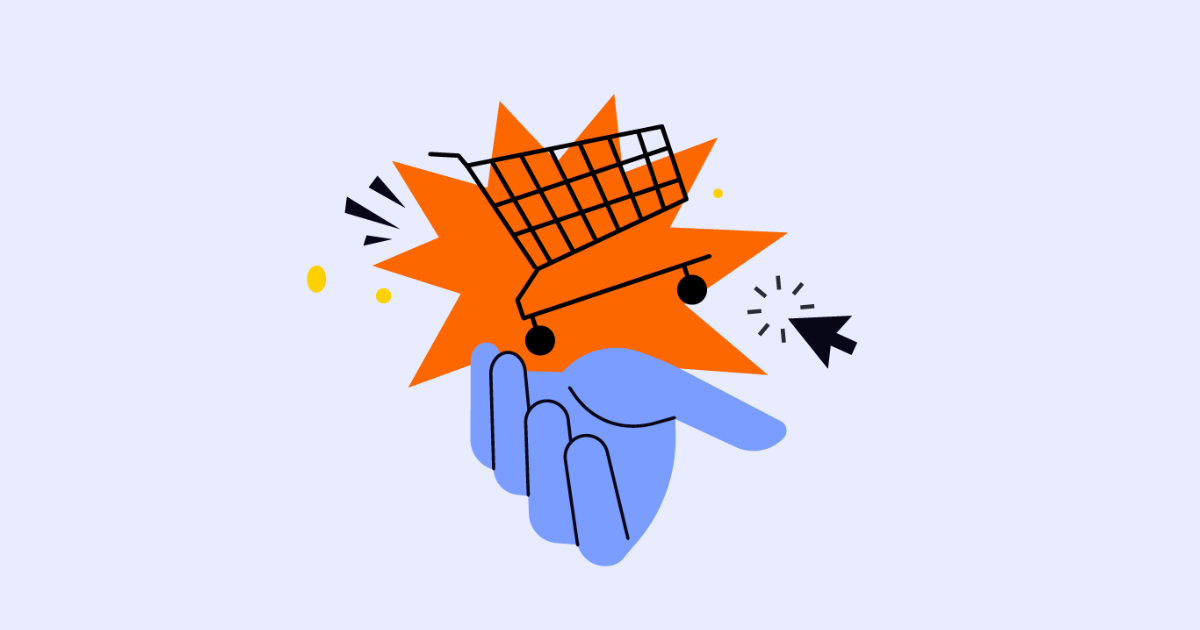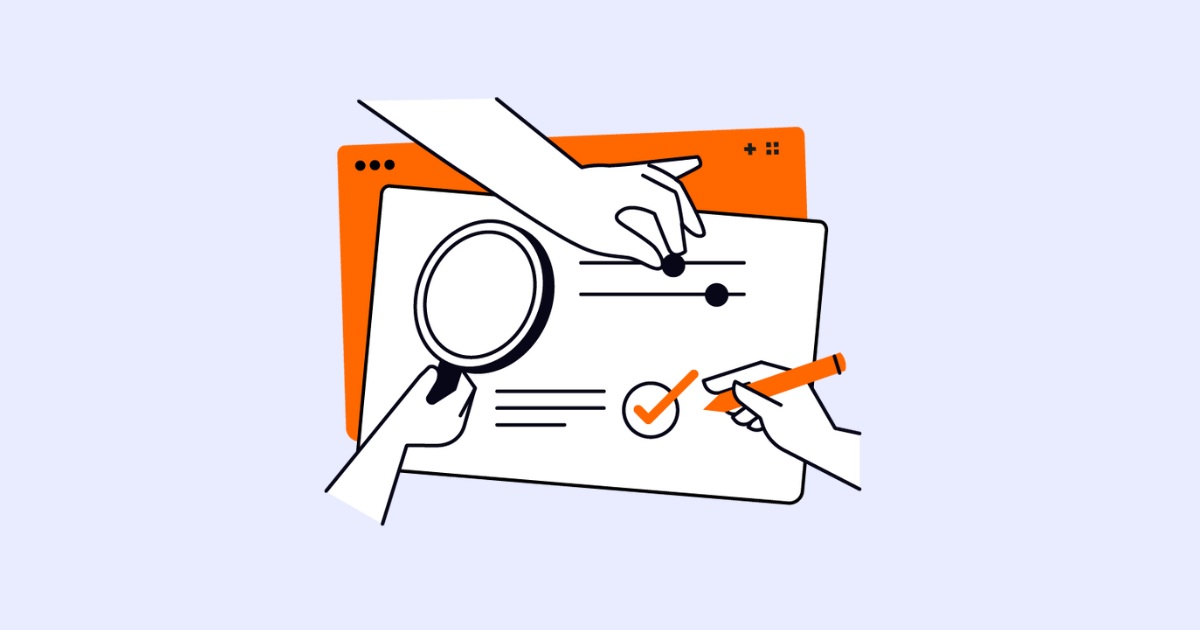
How Much Does Google Ads Actually Cost for Lawyers in 2026?
How much does Google Ads cost for lawyers in 2026? View CPC & CPL benchmarks for Personal Injury, Family Law, & more. Slash costs with our 2026 PPC audit.

The world of ecommerce is more competitive than ever. Simply having a great product and a functional website is no longer enough to guarantee success. To stand out, drive traffic, and convert browsers into buyers, you need a robust, multi-channel marketing strategy. For many business owners, this leads to a foundational question: what are the 4 types of digital marketing that truly move the needle?
While the digital landscape is vast, success in ecommerce typically hinges on mastering four core channels:
Understanding how each channel functions—and more importantly, how they work together—is the key to unlocking sustainable growth. In this guide, we’ll take a deep dive into each of these pillars, exploring how they contribute to a powerful ecommerce marketing engine.
Before we break down each channel, it’s crucial to understand why relying on just one is a recipe for stagnation. A modern customer journey is complex; a user might discover your brand on Instagram, search for reviews on Google, click on a shopping ad, and finally make a purchase after receiving a promotional email.
A multi-channel strategy ensures you are present at every one of these touchpoints. It creates a synergistic effect where the success of one channel amplifies the results of another. For example, the brand awareness built through social media can lead to more branded searches on Google (a win for SEO), while data from your PPC campaigns can inform which keywords to target organically.
At One Egg, our decade of experience since our founding in 2015 has shown that a data-driven, integrated strategy is the only way to achieve exceptional ROI for ambitious ecommerce brands.
SEO is the process of optimising your online store to rank higher in search engine results pages (SERPs) for relevant queries, primarily on Google. Unlike paid ads, this traffic is “organic” or “free.” It involves a combination of technical adjustments to your site, creating high-quality content, and building authority across the web.
SEO is the bedrock of a sustainable ecommerce business. While it requires patience, the long-term benefits are immense. High rankings build trust and authority, positioning your brand as a leader in its niche. More importantly, it drives a consistent stream of high-intent traffic—users who are actively searching for the products you sell. This makes it one of the most cost-effective marketing channels over time.
PPC advertising involves paying for clicks to your website from platforms like Google Ads and Meta (Facebook/Instagram). It’s the fastest way to get your products in front of a targeted audience. Google Shopping ads, in particular, are a powerhouse for ecommerce, displaying your product image, price, and name directly in the search results.
The primary advantage of PPC is its speed and precision. You can launch a campaign and start driving traffic within hours. It allows you to target users based on demographics, interests, and—most powerfully—their search intent. This means you can capture “ready-to-buy” customers at the exact moment they’re looking to make a purchase. With transparent, real-time data, you can measure your return on investment with incredible accuracy.
For ecommerce brands, social media is about more than just posting updates. It’s a dynamic channel for brand building, community engagement, and direct sales. Platforms like Instagram, Facebook, TikTok, and Pinterest allow you to visually showcase your products, tell your brand story, and connect with customers on a personal level. Effective social media marketing for ecommerce seamlessly blends content with commerce.
Social media excels at driving brand discovery and creating genuine consumer impact marketing. It’s where potential customers who may not have heard of you can stumble upon your products through engaging content, influencer collaborations, or targeted ads. By fostering a community and encouraging user-generated content, you build powerful social proof that drives both trust and desire for your brand.
Electronic Direct Mail, or EDM marketing, is the practice of sending commercial messages to a list of contacts via email. It’s a direct line of communication to your most engaged audience: people who have voluntarily signed up to hear from you. It remains one of the highest-ROI activities in digital marketing.
Unlike your social media following or search engine rankings, your email list is an asset you truly own. It isn’t subject to the whims of an algorithm change. This direct relationship allows you to nurture leads, educate customers about your products, and drive repeat purchases far more effectively than any other channel. For many successful ecommerce brands, email is the primary driver of customer lifetime value.
SEO, PPC, Social Media, and Email are the four pillars of ecommerce growth, but they are most powerful when they aren’t treated as separate silos. A truly effective approach requires a unified strategy where insights from one channel inform actions in another. This is where the deep expertise of a data-driven agency becomes invaluable. By analysing performance across all touchpoints, you can allocate your budget effectively, understand the complete customer journey, and make smarter decisions that fuel growth.
With over 30 years of combined experience, our agile team of specialists uses analytics-based strategies to connect these channels into a single, powerful growth engine. We provide transparent, no-hype reporting that gives you a clear view of your progress and ROI. If you’re ready to move beyond isolated tactics and implement a holistic ecommerce digital marketing strategy, our team is here to help.
Ready to see how an integrated, multi-channel approach can transform your online store? Contact One Egg Digital today for a no-obligation consultation and let’s build a tailored strategy that delivers real, measurable results.

How much does Google Ads cost for lawyers in 2026? View CPC & CPL benchmarks for Personal Injury, Family Law, & more. Slash costs with our 2026 PPC audit.

Meta Ads in 2026 look nothing like they used to. Andromeda has shifted how campaigns perform, making creative and full-funnel strategy more important than targeting.

In the age of AI, brand defense means being the source, not the rank. AEO & AiSEO provide the framework for Enterprise leaders to structure content for direct citation, establish verifiable entity authority, and control the Synthetic Content Data Layer (SCDL) to guarantee accurate brand representation in generative answers.
Subscribe to receive exclusive industry
insights & updates
Subscribe to receive exclusive industry insights & updates